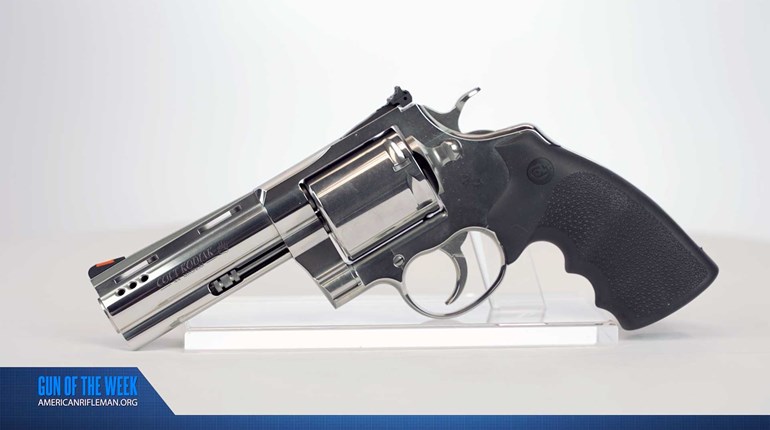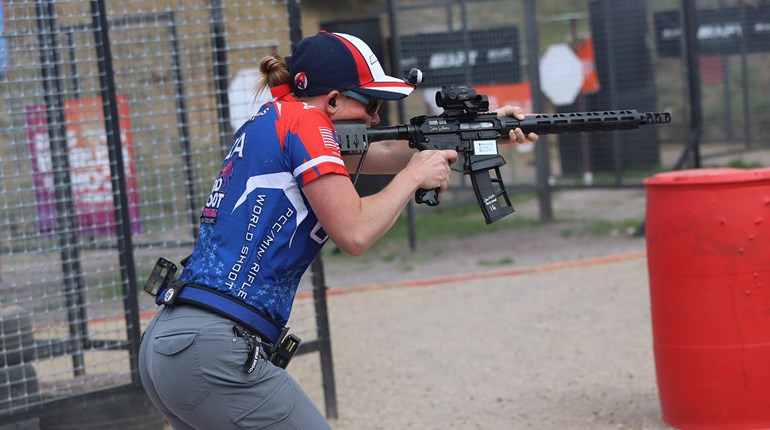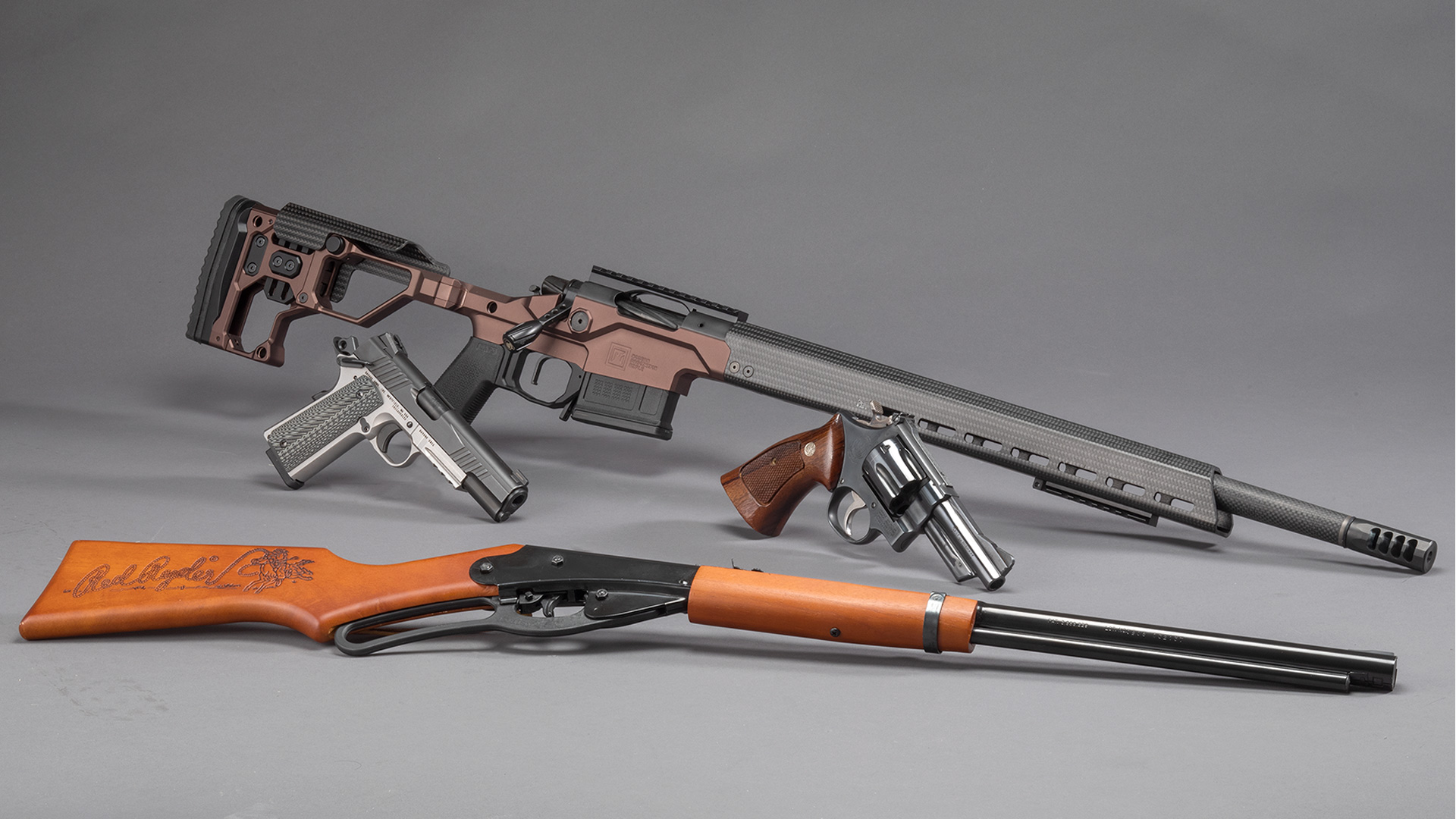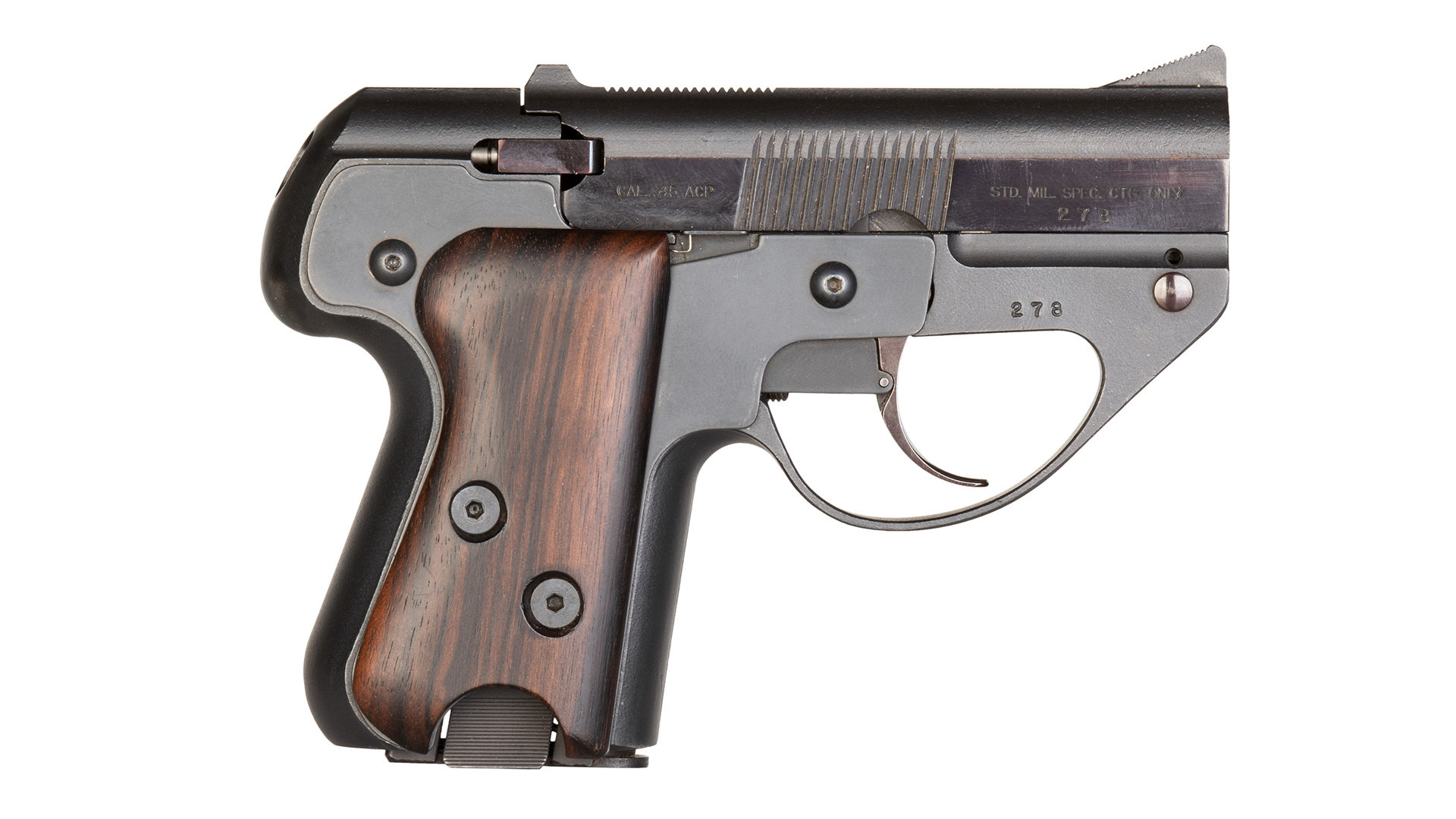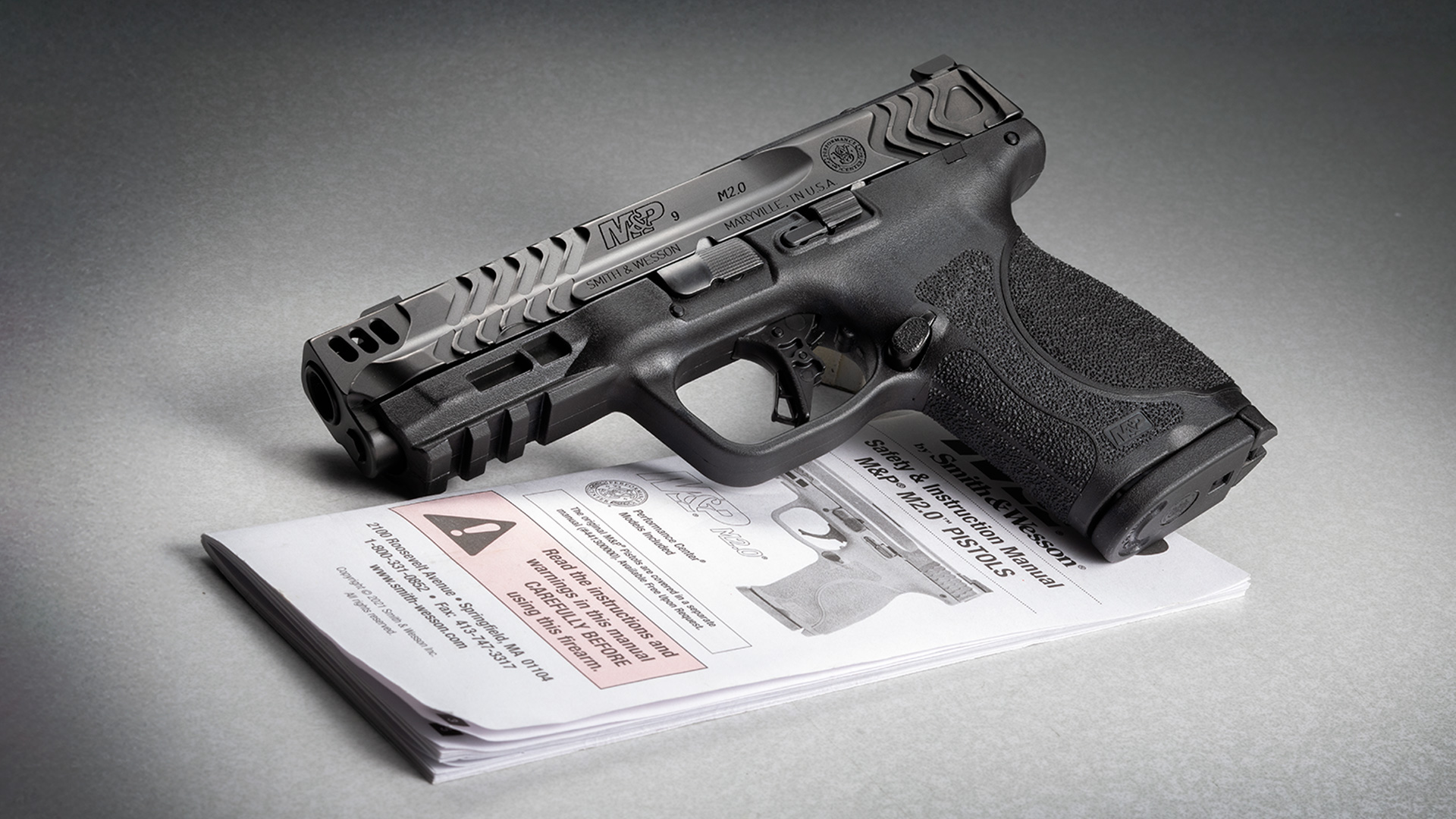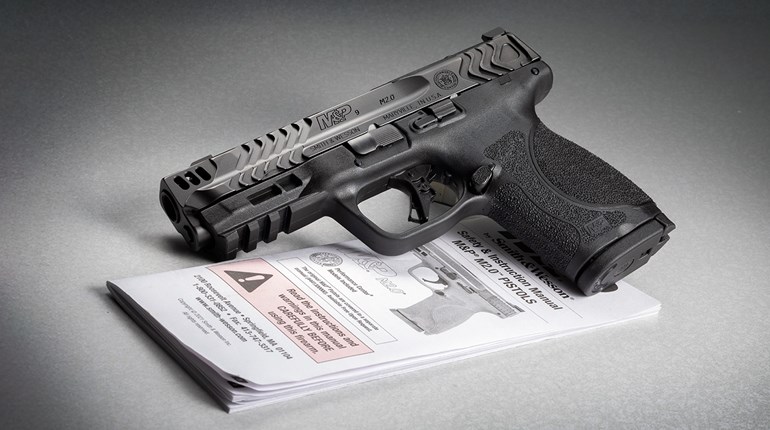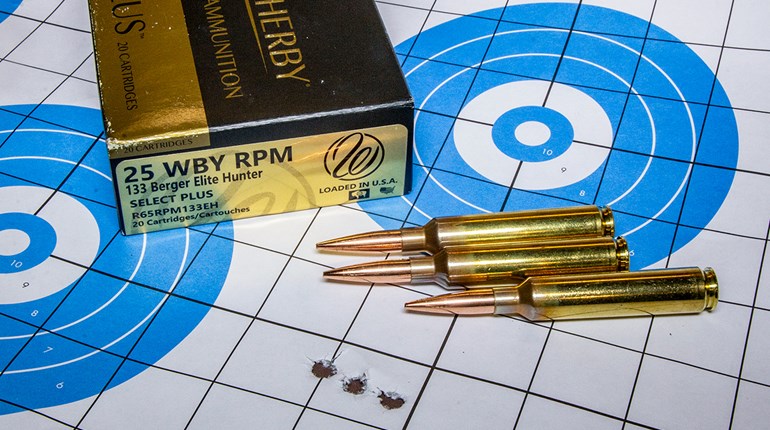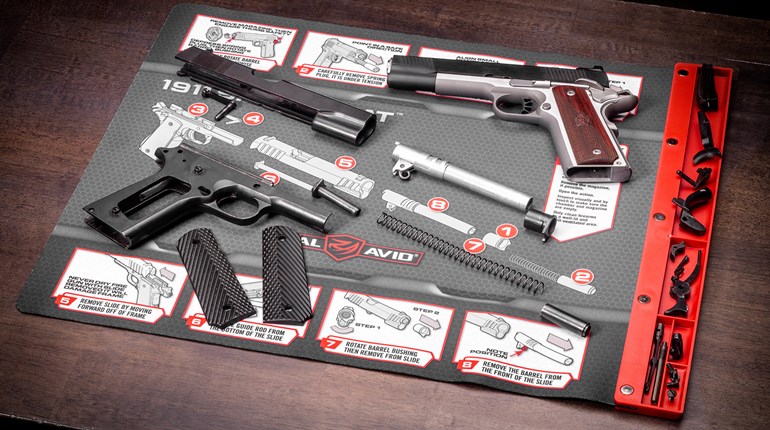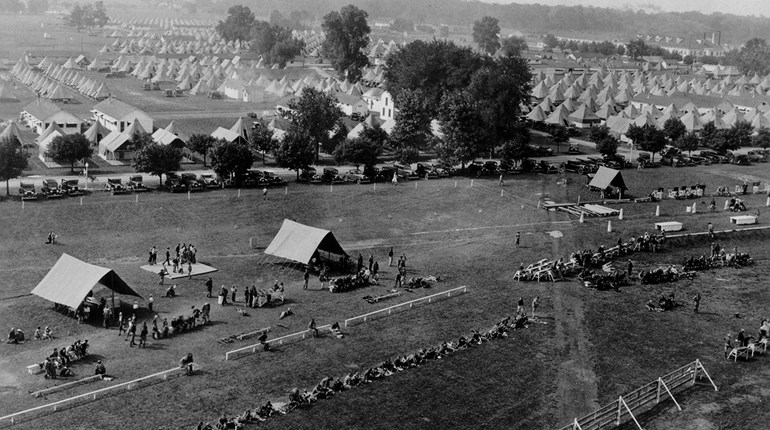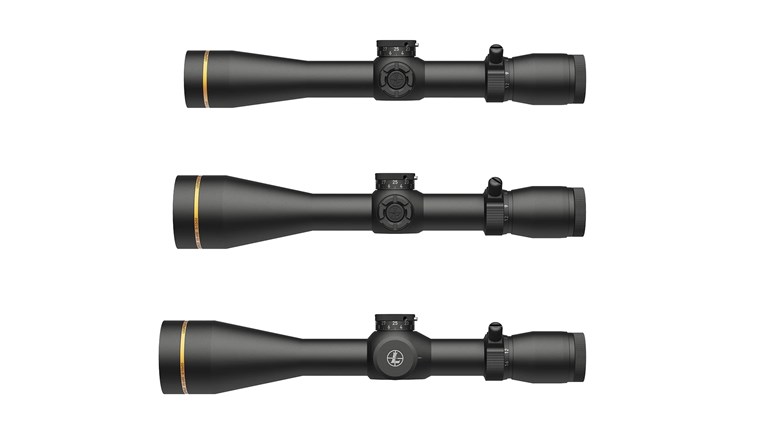
The M4 carbine, shouldered by American soldiers since the 1990s, is manufactured by Colt Defense. It effectively replaced the M16—an infantry mainstay since the Vietnam era—for most soldiers.
While the M4 has slightly reduced range when compared to the M16A4, it is considered by many to be easier to handle, particularly in urban combat situations. Both rifles are built around a direct-gas-impingement system of operation that reduces moving parts, but is known to require consistent and diligent maintenance and cleaning.
On Jan. 31, the Army's Program Executive Office Soldier announced it would conduct a carbine competition to determine which commercially available carbine represents "the best value in meeting new requirements." To that end, an "industry day" for small-arms manufacturers has been scheduled for March 30 to seek feedback and answer specific industry questions before issuing the final solicitation in May 2011.
"The Secretary of the Army has directed us to determine the most effective, accurate and reliable individual weapon available for the Soldier," said Col. Douglas Tamilio, Project Manager Soldier Weapons. "This will be the Army's first full and open carbine competition in the modern era. We're challenging industry to develop the next generation carbine and we're looking forward to the results."
The carbine competition calls for vendors to provide weapon bid samples along with accompanying accessories. The submitted weapons will undergo extensive and exhaustive testing against the new requirements established by the Maneuver Center of Excellence at Fort Benning, GA.
According to this week's announcement, the competition will begin with the submission of proposals and end with the selection of a single weapon over a period of two years. Weapon submissions will be rated on their physical attributes and features as well as their compatibility with existing Army accessories and modular weapon attachments.
Col. Tamilio noted that the areas of consideration will include accuracy, reliability, durability and other specific characteristics. The competition will also include "soldier in the loop" tests to rate probability and quality of hit, aiming performance and mobility/portability.
The Army estimates the competition, testing, production and fielding will take approximately three years before the first unit is equipped with a replacement carbine in the field.












